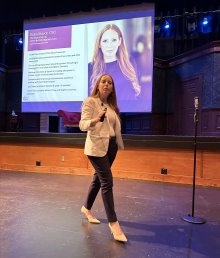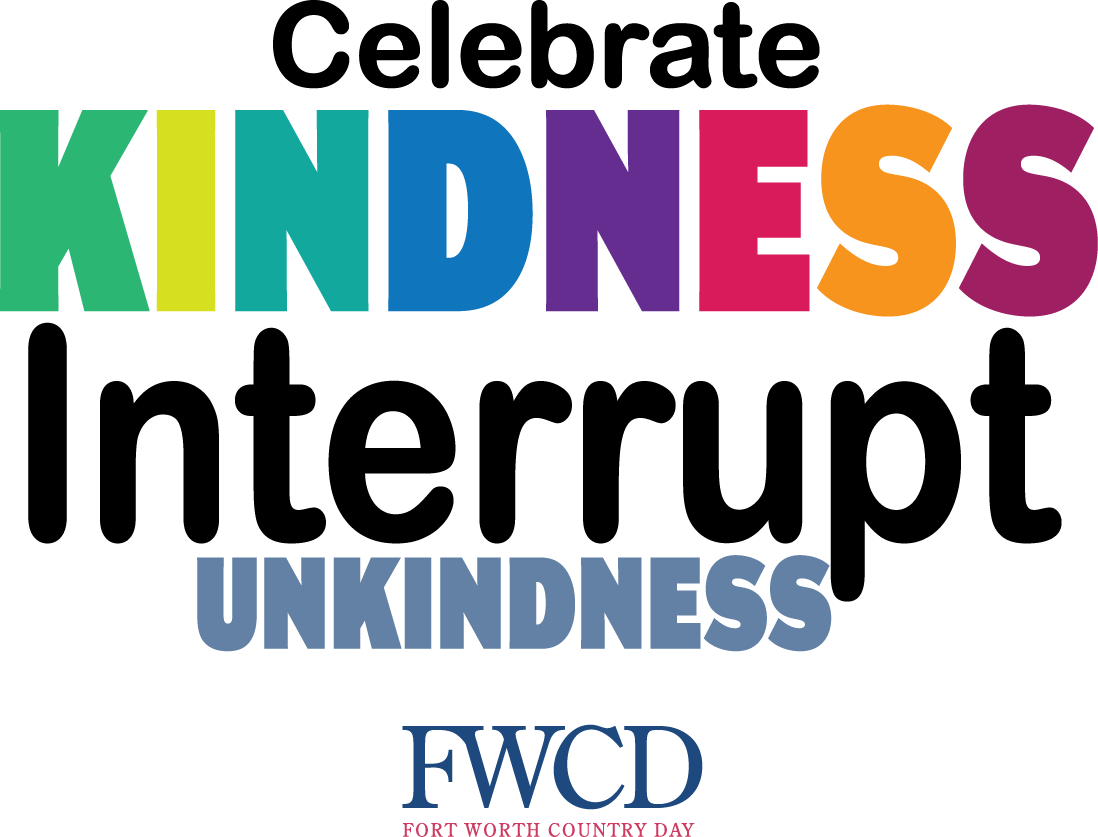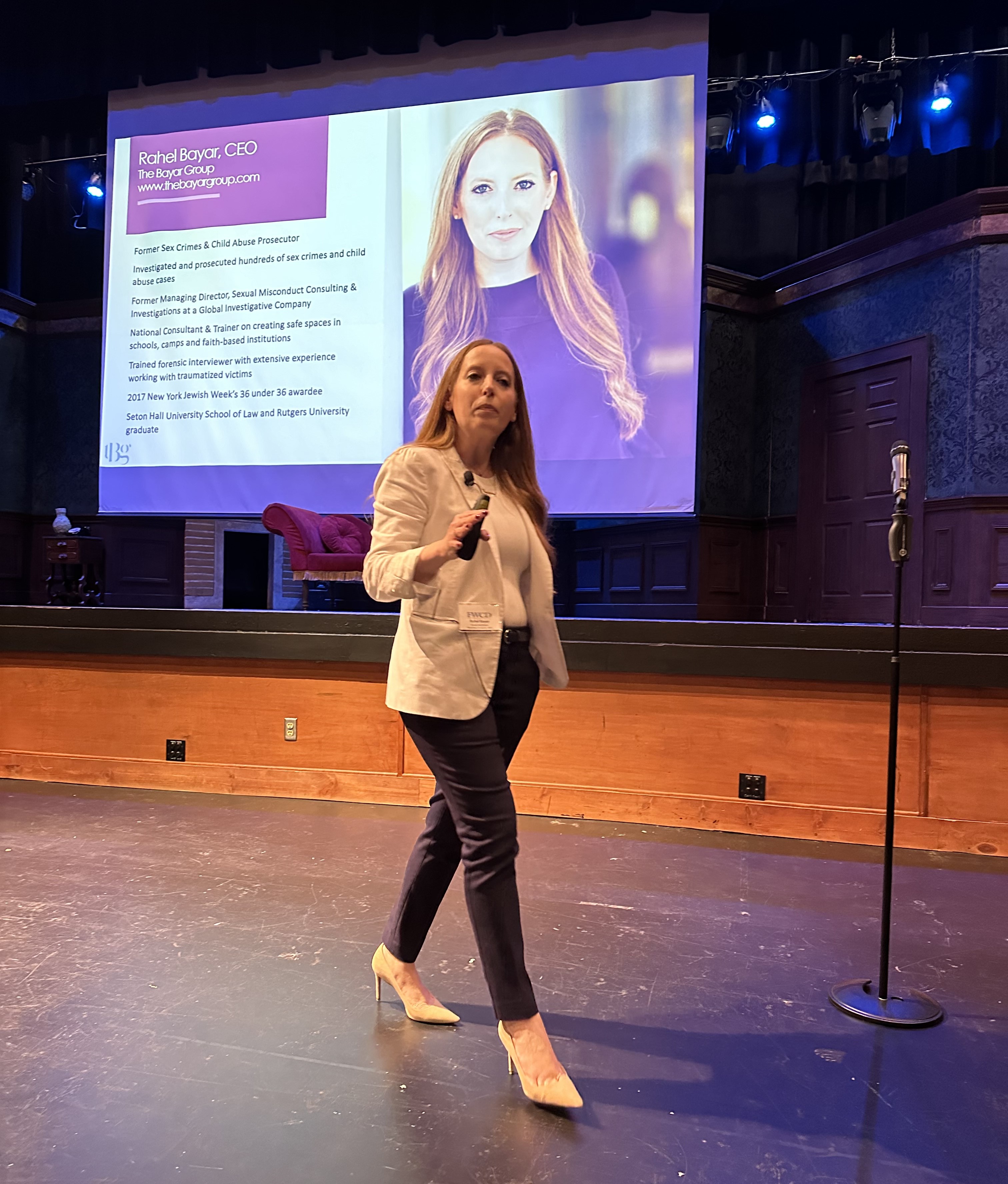Insights from the Assistant Head of School for Student Services and Academics: Rahel Bayar Takeaways

By Amy WItten
Since Thanksgiving break, I’ve been reflecting on all of the things that I have to be thankful for this year. First and foremost was an entire week with my mostly adult children over the break doing fun things like attending concerts and hiking at State Parks. It is a true gift when your grown-up kids want to hang out with you!
I have so much in my work and personal life to be grateful for, and the parent community at FWCD is a blessing that I treasure. I want to thank each and every one of you who attended Rahel Bayar’s presentation on November 11. Around 150 of you filled the Lou and Nick Martin Campus Center, validating the importance and urgency our community feels about internet safety and the difficulty we feel around parenting in this digital age. View the recording on the MyFWCD Resource Board.
I wanted to share with you some of the top lessons we took from Rahel’s time with our community. Rahel delivered different messages to each of her audiences: parents and guardians, students, and faculty and staff, leaving us with many lasting impressions.
Students
- We should pay attention to our “red flag” and “green flag” feelings both in our real and online lives.
- We should only be online with people that we know from our “in-person places” (school, places of worship, sports, home).
- Sending pictures or videos of others without their consent is unethical and can have a hugely negative impact on their lives.
- Sending unclothed pictures of others or storing those photos in your phone or computer is both a state and federal crime. If you currently have any of these photos, you should delete them immediately.
- If a person is being extorted with pictures or videos (real or AI-generated), they are victims of a crime called “sextortion” and need to report this to the FBI. You will not be in trouble if you report this, even if you sent the pictures.
Faculty and Staff
- Clear and enforced boundaries make our community safer.
- Be “observable and interruptible” whenever working one-on-one with a student.
- Report anything that seems unusual, even if you’re unsure something is wrong, because … think and ask yourself, “What if you’re right?”
- Having common language surrounding boundaries helps us communicate with students and each other more effectively.
Parents and Guardians
- Setting boundaries with your children surrounding the internet and social media is important and helps with online safety.
- Knowing the purpose, age requirement, privacy settings, and ability to engage with unknown people are important factors when deciding what apps your children should have permission to access.
- Teaching kids language such as “red flag” and “green flag” feelings is a good way to help them access their intuition and enhance decision-making while online.
- Have the difficult conversations … about gaming, sending unclothed pictures, and cyberbullying /consent when posting pictures, memes, or videos of others.
- Sextortion is a growing problem. Empowering kids with knowledge and permission to report this to you or any trusted adult if it is happening is important and can help stop a predator.
Thanks to all of you for the support you’ve shown our Student Services’ Falcon Focus presentations. We have two more scheduled. On January 14, 2025, Dr. Carolyn Parcels will speak on parenting and ADHD. Our February 18 session will feature our Health and Wellness Counselors; the topic will be announced soon. Both take place in the Lou and Nick Martin Campus Center from 8:15-9:30 a.m.






















